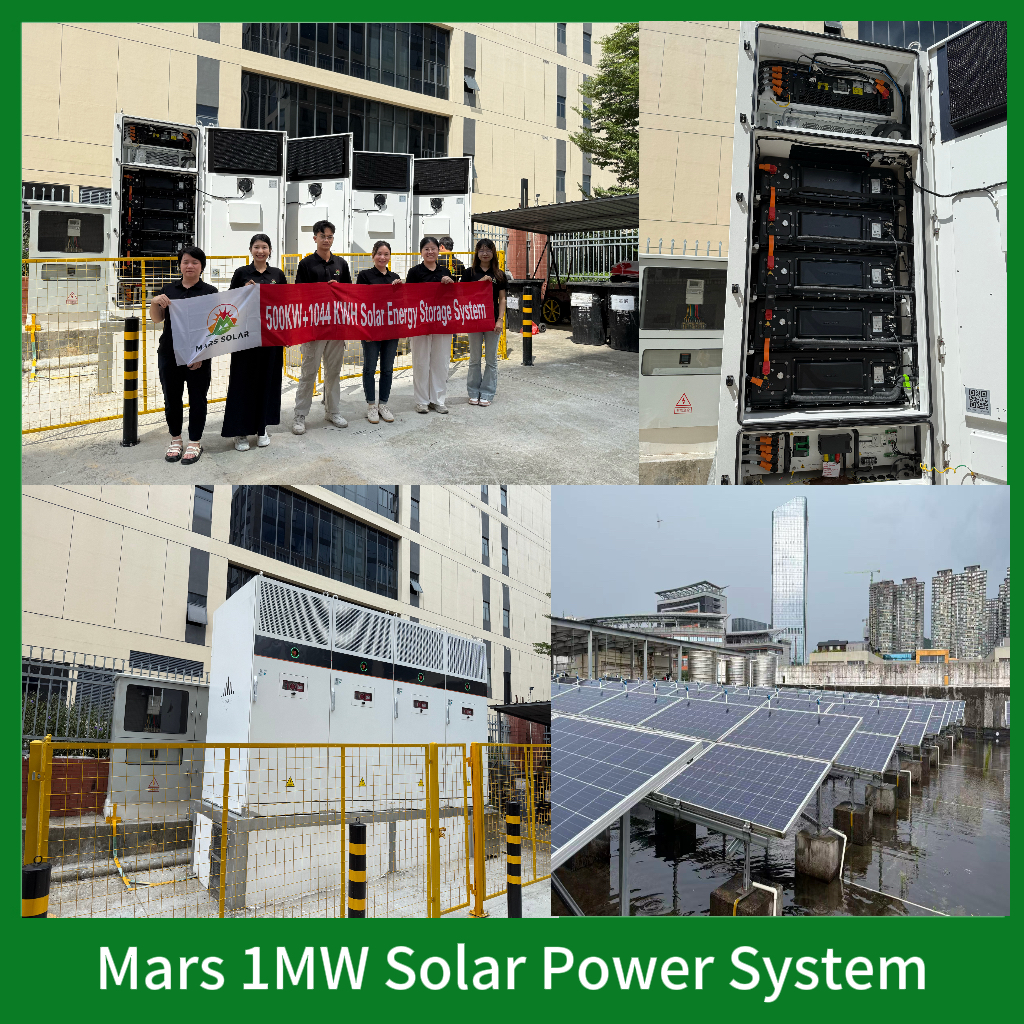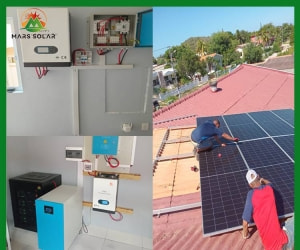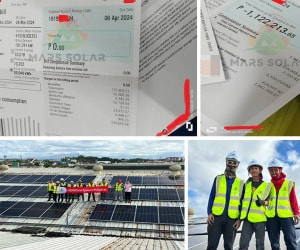Brazil's installed photovoltaic capacity enters the world's top 15
Brazil's installed solar capacity has exceeded the 10,000 MW mark, which is equivalent to 70% of the installed capacity of the world's second largest hydropower station-Itaipu Hydropower Station, and Brazil ranks 14th in the global Off Grid Solar Set installed capacity rankings.
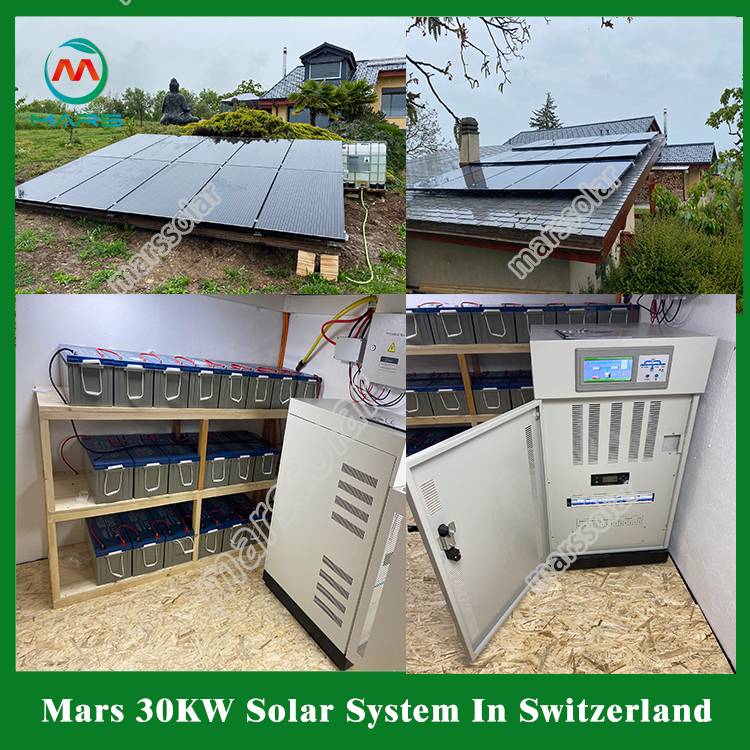
At present, solar energy occupies the fifth place in Brazil's electric energy structure, which is higher than that of thermal power plants powered by petroleum and other fossil fuels, which have an installed capacity of about 9,100 megawatts. The Brazilian Photovoltaic Solar Association (Absolar) stated that this achievement is directly attributable to the investment of more than 52.7 billion reais since 2012. The market expects that after the new regulatory framework for distributed power generation is approved, the The investment will continue to grow.
The new law stipulates that projects currently under construction and projects established within 12 months after the promulgation of the new law can enjoy discounts on power grid usage fees before 2045. The Brazilian Association of Distributed Generation (ABGD) estimates that this measure may encourage an additional 10,000 megawatts of installed capacity within two years.
With the growth of installed capacity, Brazil's solar power generation also set two consecutive historical records: at 12:14 noon on July 19, the instantaneous power generation reached a peak of 2,211 megawatts; on July 30, the average daily power generation reached 682 megawatts watt. In terms of centralized photovoltaic power generation, Brazil’s solar power plants have an installed capacity of 3,500 megawatts, equivalent to 1.9% of the national power supply. Among the four tenders held by the government in 2019 and 2021, solar power generation is the most competitive and the price is the lowest. In terms of distributed power generation, the installed capacity is about 6,500 megawatts, including photovoltaic panels installed on the roofs of homes or industrial and commercial buildings, and solar power plants built in accordance with the requirements of private customers.
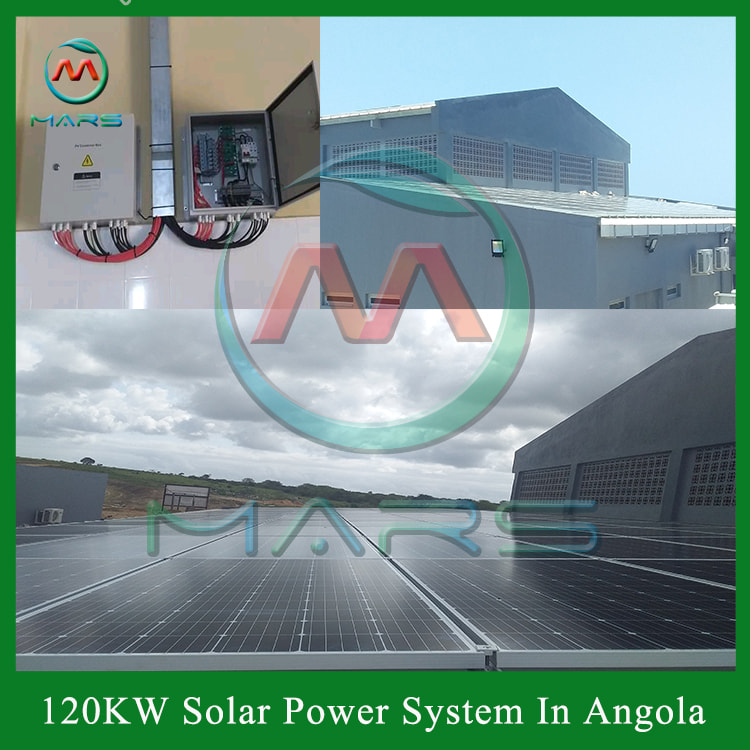
Rodrigo Sauaia, President of the Brazilian Photovoltaic Solar Association, said: “Due to the flexibility and convenience of solar technology, only one day of installation time can turn a home or business into a small power plant. Clean, renewable and affordable electricity. For a large-scale solar power plant, it takes less than 18 months from auction to start of power generation. Therefore, solar energy is recognized as the fastest in the construction of new power generation capacity. Fast."
However, the Consumer Protection Association (Idec) believes that the current incentive model transfers a large part of the operating cost of the distribution network to consumers with lower incomes, because consumers who have the ability to invest in solar distributed power generation can instead Enjoy more discounts. The Brazilian Electricity Regulatory Agency (Aneel) has also estimated that the relevant price impact is about 3 billion reais per year.
Companies in the photovoltaic industry believe that incentives ensure the growth of clean energy, and the investment requirements for transmission lines are low, because solar power generation facilities can be installed near large power consumption centers. Sawaya said: "The power generation price of large-scale solar power plants is ten times cheaper than the current emergency fossil energy thermal power plants or electricity imported from neighboring countries, and these two are the main factors that currently drive up the price of electricity."
Ronaldo Koloszuk, Chairman of the Board of Directors of the Brazilian Photovoltaic Solar Association, believes: "The evolution to a 100% clean and renewable electricity energy structure is entirely possible. It depends more on political will and leadership rather than technology. And economic conditions, the government should give more incentives to the planning and expansion of self-owned power generation and large-scale centralized photovoltaic power plants."
-
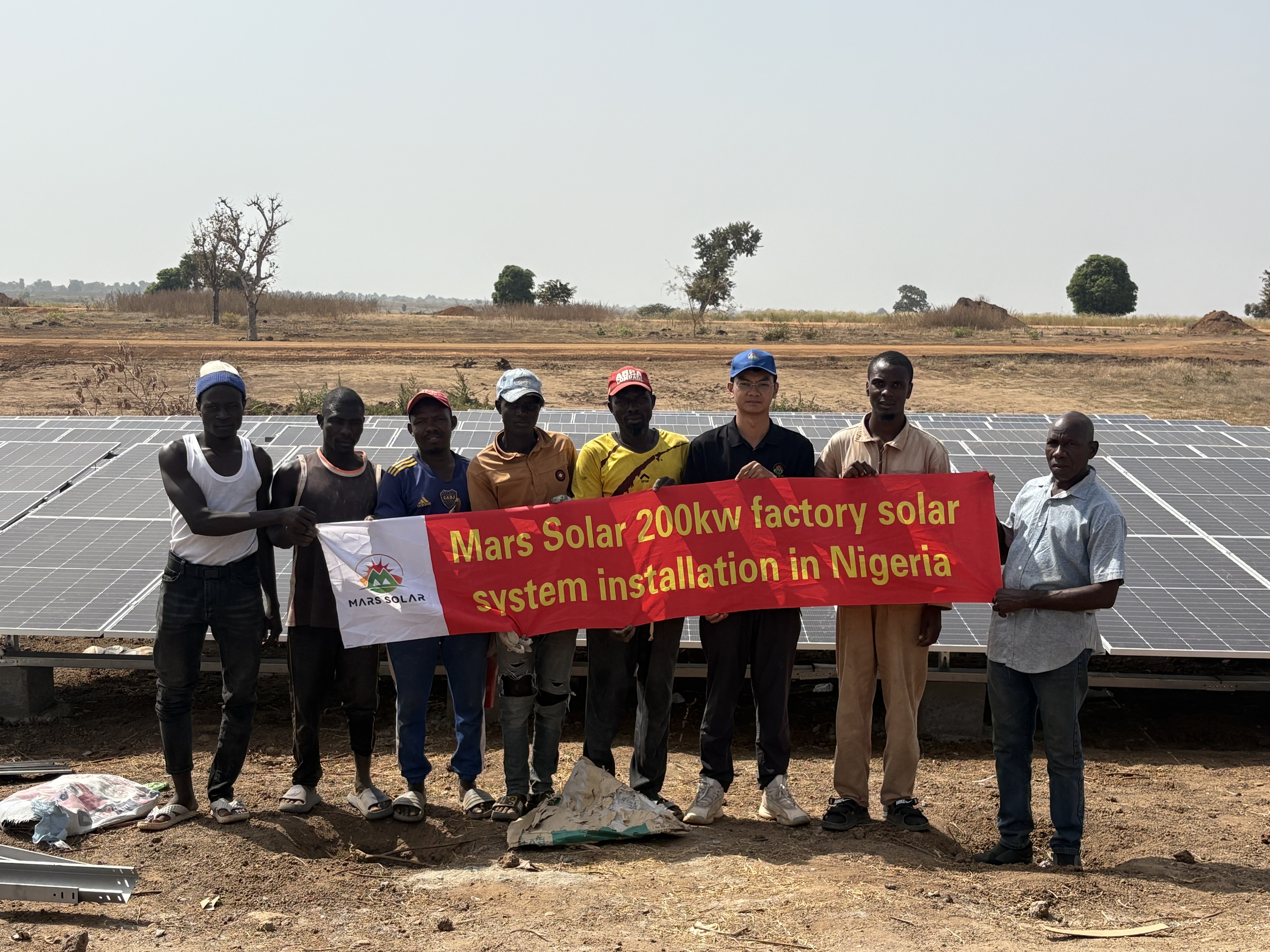 Case Study: 200kW Solar Power System Project for a Rice Mill in a Remote Area ofProject Overview This is a rice mill located in a remote area of Abuja, Nigeria. The local municipal power supply is unstable, and electricity tariffs have increased multiple times this year. Due to the unreliable grid power, the customer can only oper
Case Study: 200kW Solar Power System Project for a Rice Mill in a Remote Area ofProject Overview This is a rice mill located in a remote area of Abuja, Nigeria. The local municipal power supply is unstable, and electricity tariffs have increased multiple times this year. Due to the unreliable grid power, the customer can only operDo you like ?0
Read more -
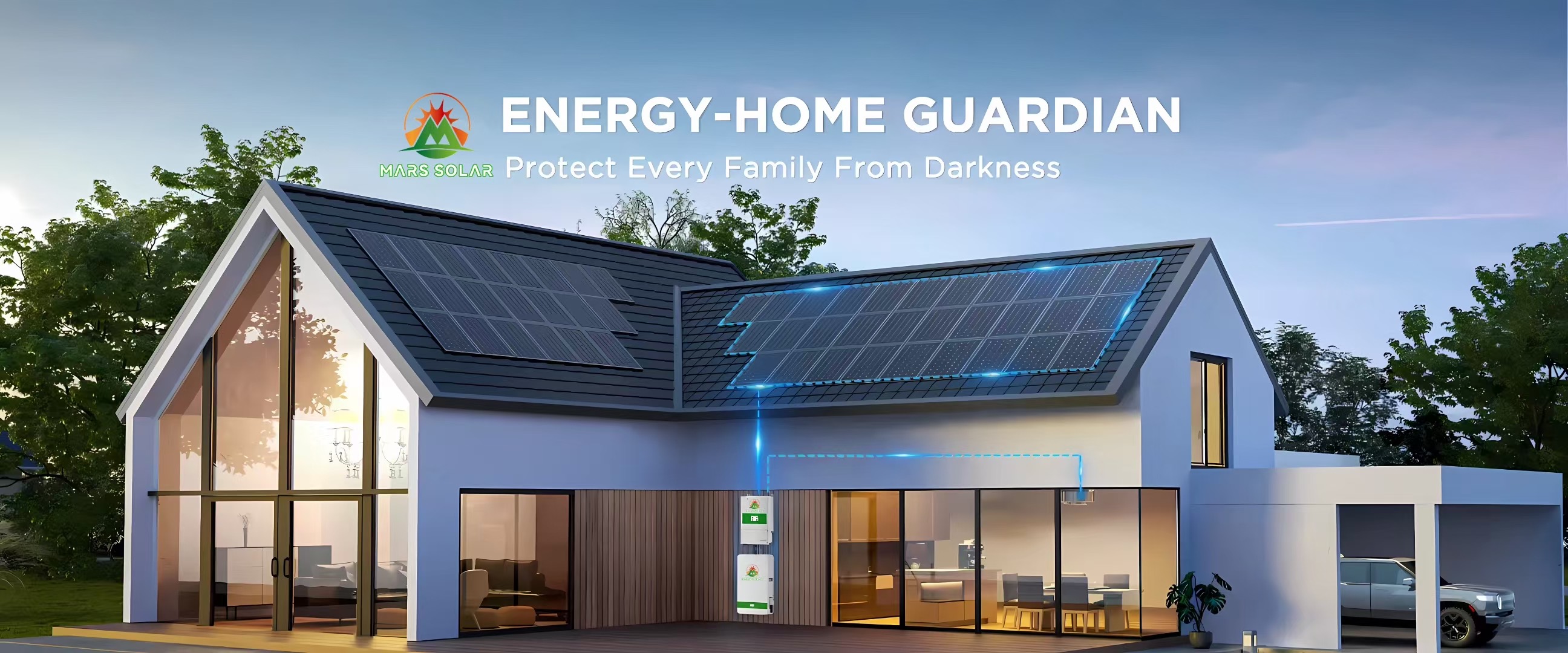 Solar PV System Expansion: Compatibility, Efficiency & Implementation Guide1. Background and Necessity Early-installed PV systems generally fail to meet the growing energy demands of modern households and enterprises. Compared with replacing the entire system, expansion is a more economical option—but the core question
Solar PV System Expansion: Compatibility, Efficiency & Implementation Guide1. Background and Necessity Early-installed PV systems generally fail to meet the growing energy demands of modern households and enterprises. Compared with replacing the entire system, expansion is a more economical option—but the core questionDo you like ?0
Read more -
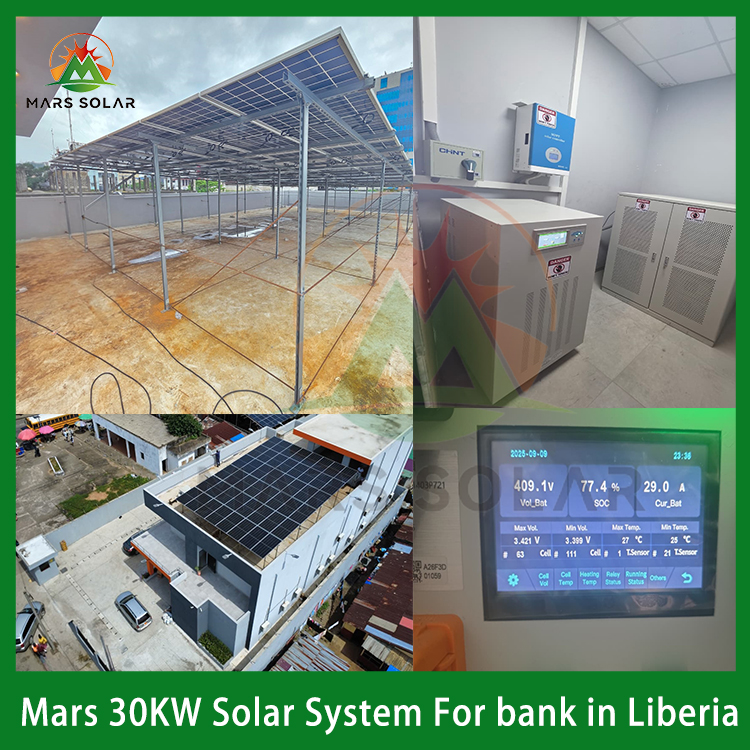 Customized Off-Grid Solar System for a Liberian Bank: Achieving Power IndependenWhen Banks Face the Challenge of "Grid Power Outages and Voltage Fluctuations": A Real-World Solution from Liberia In scenarios where the power grid is unstable and manual intervention is difficult, how to ensure the 24/7 stable operation
Customized Off-Grid Solar System for a Liberian Bank: Achieving Power IndependenWhen Banks Face the Challenge of "Grid Power Outages and Voltage Fluctuations": A Real-World Solution from Liberia In scenarios where the power grid is unstable and manual intervention is difficult, how to ensure the 24/7 stable operationDo you like ?0
Read more -
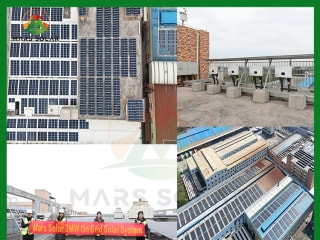 2MW Solar Panel System For Factory2MW mars solar grid-tied solar panel system for factory have designed, produced, and installed in a factory.How does Mars Solar build such a solar panel system for factory? 1. Data collection Before designing the plan, the factory owner vi
2MW Solar Panel System For Factory2MW mars solar grid-tied solar panel system for factory have designed, produced, and installed in a factory.How does Mars Solar build such a solar panel system for factory? 1. Data collection Before designing the plan, the factory owner viDo you like ?0
Read more -
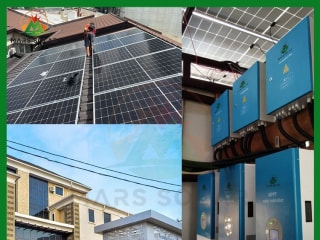 100KW Solar For Hotels And Resorts In NigeriaIn December 2024, the Mars Solar 100KW Nigeria solar for hotels and resorts project was successfully completed. In May 2024, the customer contacted Mars solar and had a series of communications on the solar for hotels and resorts project. The d
100KW Solar For Hotels And Resorts In NigeriaIn December 2024, the Mars Solar 100KW Nigeria solar for hotels and resorts project was successfully completed. In May 2024, the customer contacted Mars solar and had a series of communications on the solar for hotels and resorts project. The dDo you like ?0
Read more -
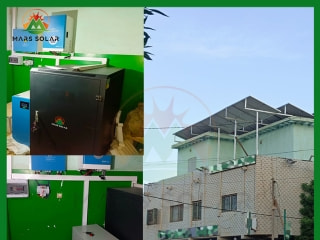 Reliable Energy Solutions for a Mali Pharmacy: 15KW Solar System Success StoryIn the heart of Mali, reliable electricity is a significant challenge, with power coming on for just 2 hours and then cutting off for 4 hours multiple times a day. This erratic power supply is particularly problematic for businesses that depend on consist
Reliable Energy Solutions for a Mali Pharmacy: 15KW Solar System Success StoryIn the heart of Mali, reliable electricity is a significant challenge, with power coming on for just 2 hours and then cutting off for 4 hours multiple times a day. This erratic power supply is particularly problematic for businesses that depend on consistDo you like ?0
Read more

